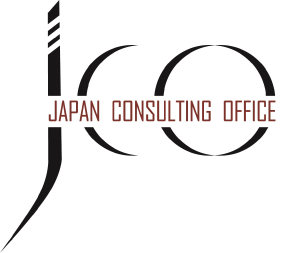This time, we want to touch on a phenomenon that everybody working with the Japanese has likely experienced and is invariably raised in JCO’s seminars.
Namely the fact that in response to our questions, Japanese colleagues will often reply with multiple questions of their own instead of a concrete answer.
Why does this confusing behavior make perfect sense from a Japanese point of view?
Let’s use an interesting anecdote to illustrate the Japanese attitude regarding the passing on of information.
The pregnant wife of a Japanese expatriate in the US went to an ultrasound scan at the end of her second trimester and came away surprised that the local doctor told her that her baby was going to be a boy.
She said that, in Japan, the doctor would rather say something along the lines of “It does look like a boy today but what tomorrow brings no-one can really say…“.
According to her words, future parents in Japan would completely rely on the specialist’s judgment concerning the gender of the unborn child.
So, it would be unthinkable to imagine a scenario where everything was being prepared, e.g. color of the room, for the birth of a baby boy when in fact, due to a misreading of the scan results, it might have been a girl all along or vice versa.
This absolutely matches the way any information is being passed on in Japan and holds true all the more in business life.
In effect, the minute details of a question one receives are very often being clarified and double-checked by asking one or more questions in return before committing to a concrete answer.
One reason is that it is perceived negatively in Japan to either provide information “that is approx. 70% valid as it may change later” or have to retract information that one to gave down the line. Colleagues and clients will simply rely on it too much!
So you should be very careful to not interpret this standard behavior as a tactic in order to play for time or as a sign of distrust by your Japanese counterpart.
From a Japanese standpoint, any information that is given or received should be as accurate and comprehensive as well as consistent as possible.
Accurate and comprehensive:
As there is no distinction between “need to know” and “nice to know” information in Japan any seemingly insignificant detail might turn out to be quite important in the long run. Hence we recommend pro-actively sending all information upfront as well as being prepared to further provide all requested information and data without hesitation.
Consistent:
In many cases, things can come to a grinding halt when a preliminary price list or spec sheet that was sent before slightly differs from the final document. This lack of consistency will in most cases be seen as a warning sign that something is fundamentally not in order with the whole project which may result in having to start again from the very beginning.
Following these simple guidelines helps ensure a smooth exchange of information with your Japanese colleagues here or at HQ as well as Japanese business partners.







